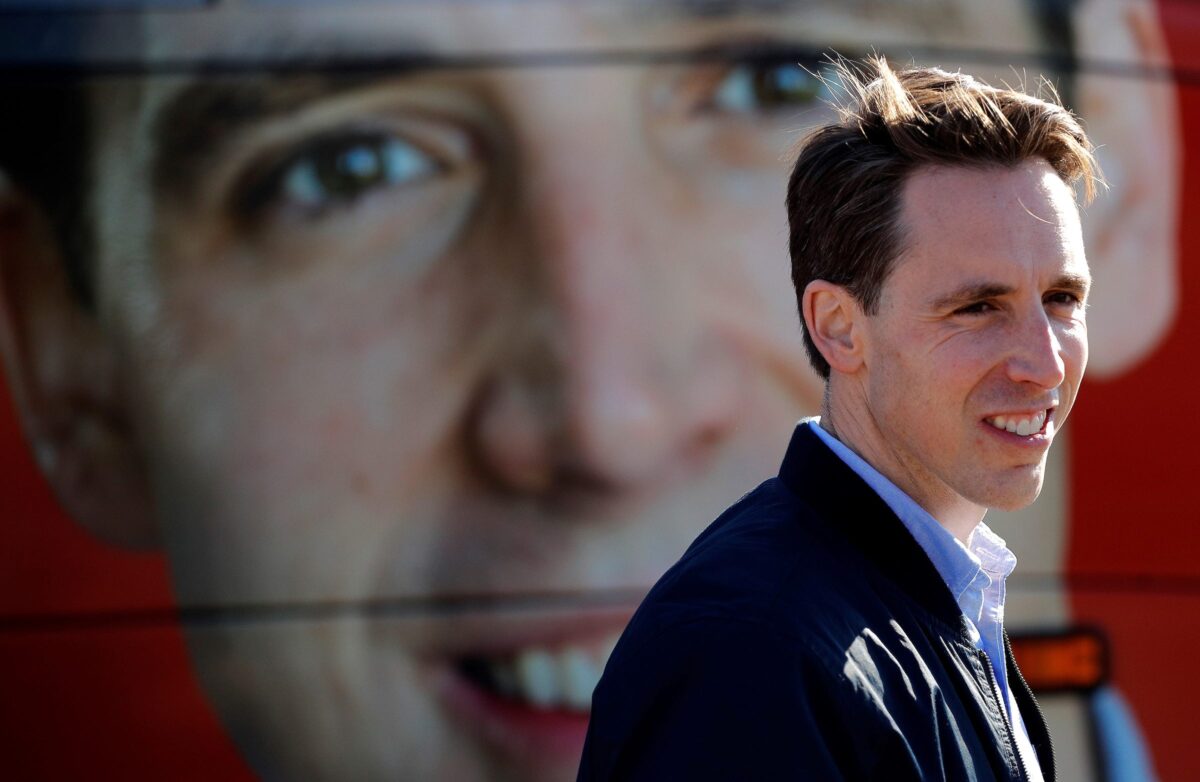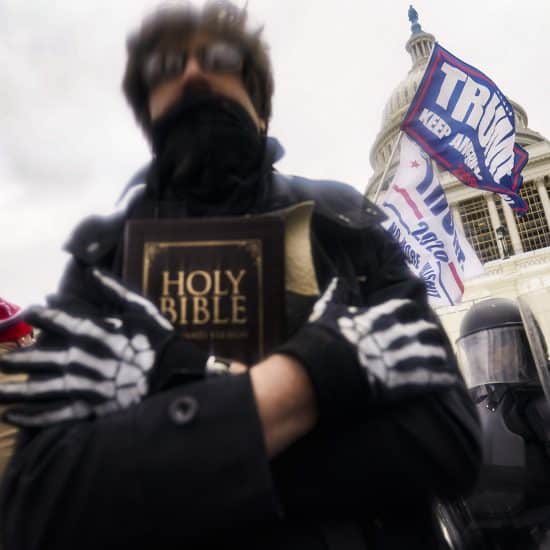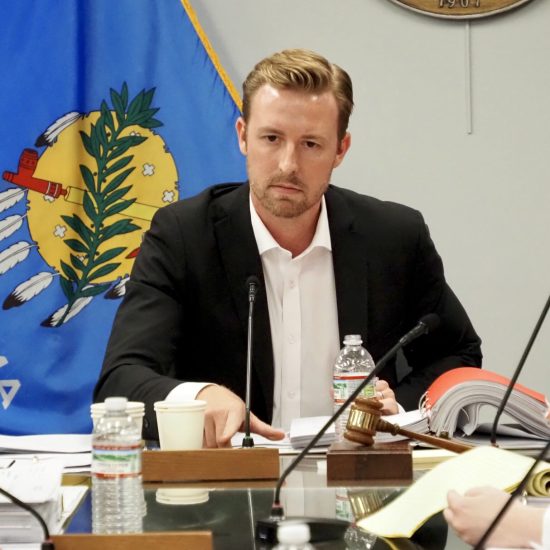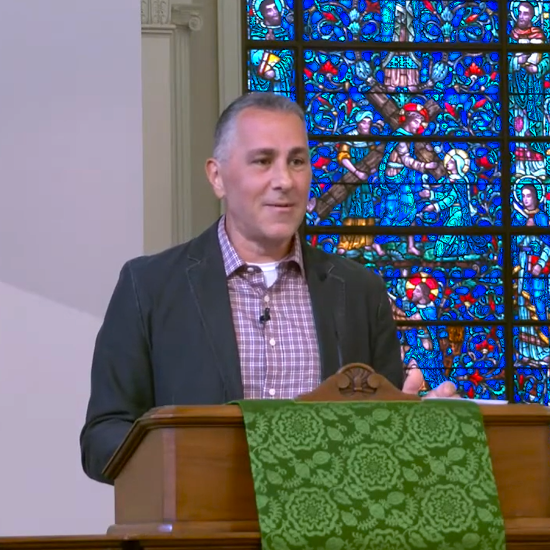
Political candidates across the country will spend billions of dollars on advertising this year. During the 2020 election cycle, political advertising totaled a record of about $14.4 billion. That more than doubled the 2016 spending. While the presidential race is the most expensive, about 60% of the money in the 2020 cycle was for congressional races — and 9 of the 10 most expensive Senate races ever occurred in 2020 or 2022.
This year will easily surpass those numbers. Like an arms race, candidates keep raising and spending more money to keep up with the other side, which in turn forces opposing candidates to raise and spend more.
“Usually if you’re spending a lot of money, often the opponent is also spending a lot of money and they kind of cancel out,” Michael Kang, a law professor at Northwestern University specializing in campaign finance, told NPR last year. “That’s not to say that having money is not important or doesn’t help you win, because if the opponent is spending a lot of money, you’re better off spending a lot of money too.”
Like in past cycles, much of the money will go to creating and airing video ads. For the 2020 election, 80% of advertising dollars was spent on broadcast and cable TV ads. Even if down some now with more online investment, such ads will continue to be the main staple of this year’s campaigns.
With so much money devoted to creating such ads — and so much of a candidate’s time spent raising the necessary funds — the messages are carefully crafted to convince people to vote the desired way. Thus, it can be quite revealing what a candidate decides to highlight in these presentations their campaigns have full control over. And they matter since political communication research shows that voters actually learn from ads about candidates — both about their character and their policy positions.
With the importance of ads and messaging in mind, it’s worth considering a new ad released this week by Sen. Josh Hawley, a Republican in Missouri running for reelection. Hawley is, of course, best known for his fist pump to the pro-Trump mob outside the U.S. Capitol on Jan. 6, 2021 (before later running away from the crowd as they stormed the building).

Josh Hawley campaigns for the U.S. Senate on Oct. 15, 2018, in Riverside, Missouri. (Charlie Riedel/Associated Press)
With his national exposure and nearly a decade campaigning in the state, he doesn’t really need to introduce himself. People have pretty much already made up their minds about him. Polling last month showed that among statewide officials, Hawley’s the most polarizing in the Show-Me State with more people who “strongly approve” (27%) and more people who “strongly disapprove” (34%) than with other politicians where most people either just “approve” or disapprove.” But in a state Donald Trump won in both 2016 and 2020, Hawley’s enjoys a 50% approval rate (with 41% disapproval) and is favored to win.
The goal for Hawley this year is to not lose too many independents and, most importantly, make sure Republicans actually show up and vote. What message does he think will motivate his base? According to his new ad, Christian Nationalism. So this issue of A Public Witness unpacks a faith-based political ad from Hawley to consider what it tells us more broadly about the state of the 2024 election cycle.

The rest of this piece is only available to paid subscribers of the Word&Way e-newsletter A Public Witness. Subscribe today to read this essay and all previous issues, and receive future ones in your inbox.






